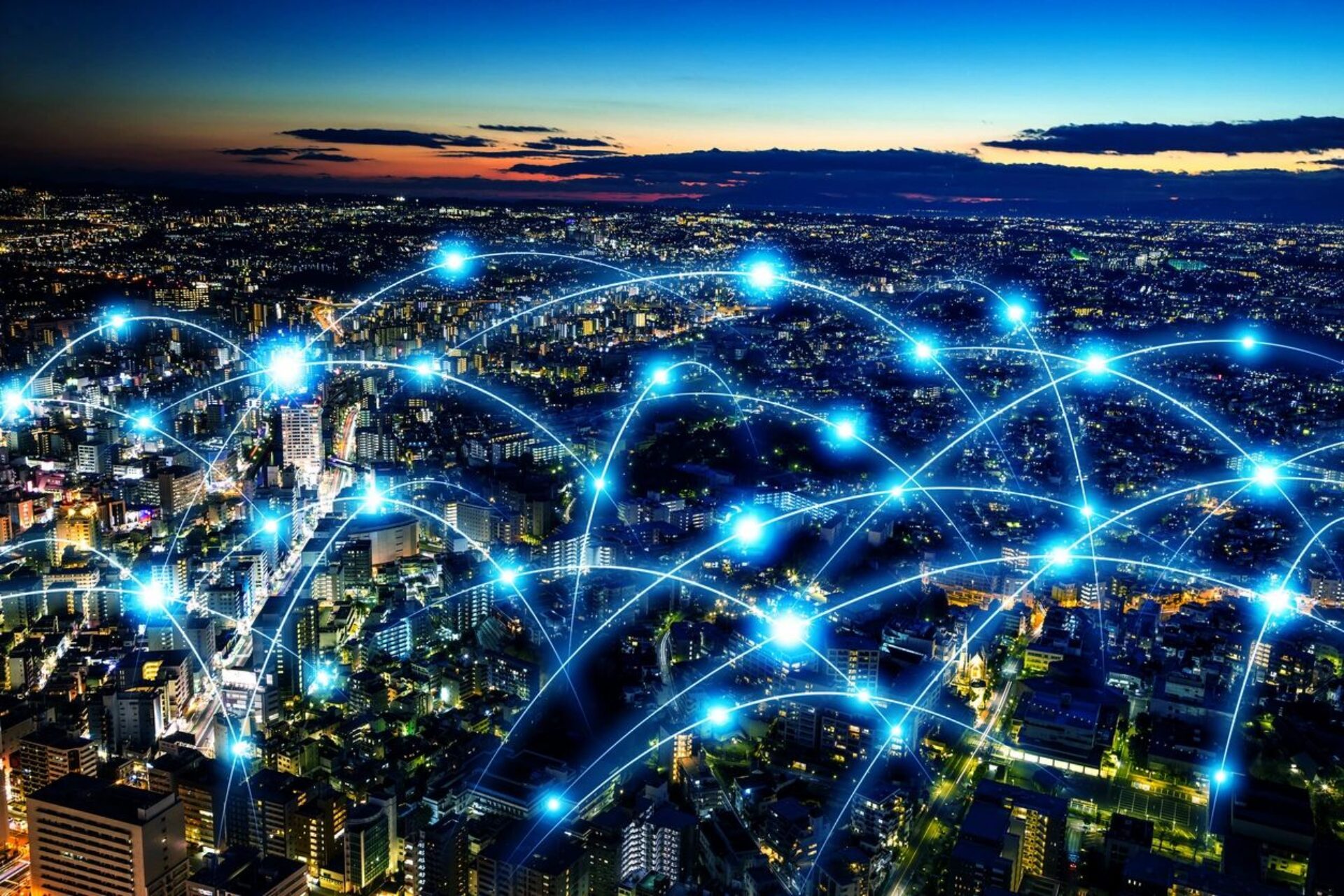August 2, 2018 at 09:44AM
Go to the source
Kara Swisher, writing for The New York Times: I kept pressing Mr. Zuckerberg on how he personally felt about the damage his creation had done. [Editor’s note: Ms. Swisher is referring to her recent interview with Mark Zuckerberg.] Was he beginning to understand the power that he held, and that the world that he controlled was not such a rosy place? Facebook was "probably," he admitted, "too focused on just the positives and not focused enough on some of the negatives." Fair enough. But it was impossible to get him to acknowledge any personal pain as both the creator and the destroyer. "I mean, my emotion is feeling a deep sense of responsibility to try to fix the problem," said Mr. Zuckerberg. "In running a company, if you want to be innovative and advance things forward, I think you have to be willing to get some things wrong. But I don’t think it is acceptable to get the same things wrong over and over again." It was a classic Silicon Valley engineer’s roll-up-your-sleeves answer, which leaves many cold when it comes to, say, the manipulation of democracy. Fending off bad actors like the Russians has been and will be increasingly expensive; it may even be impossible. But Facebook could have done much more than it did, and it certainly needs to do more than it’s doing. Mr. Zuckerberg is now trying to fend off talk in Washington of regulating his company like the thing he once told me it was: a utility. He has also spent the last month meeting over dinners with a range of academic experts on free speech, propaganda and more to try to understand where to go from here. Call it the education of Mark Zuckerberg and Silicon Valley, but on the world’s dime. How much that has — and will — cost is probably immeasurable.
Read more of this story at Slashdot.

